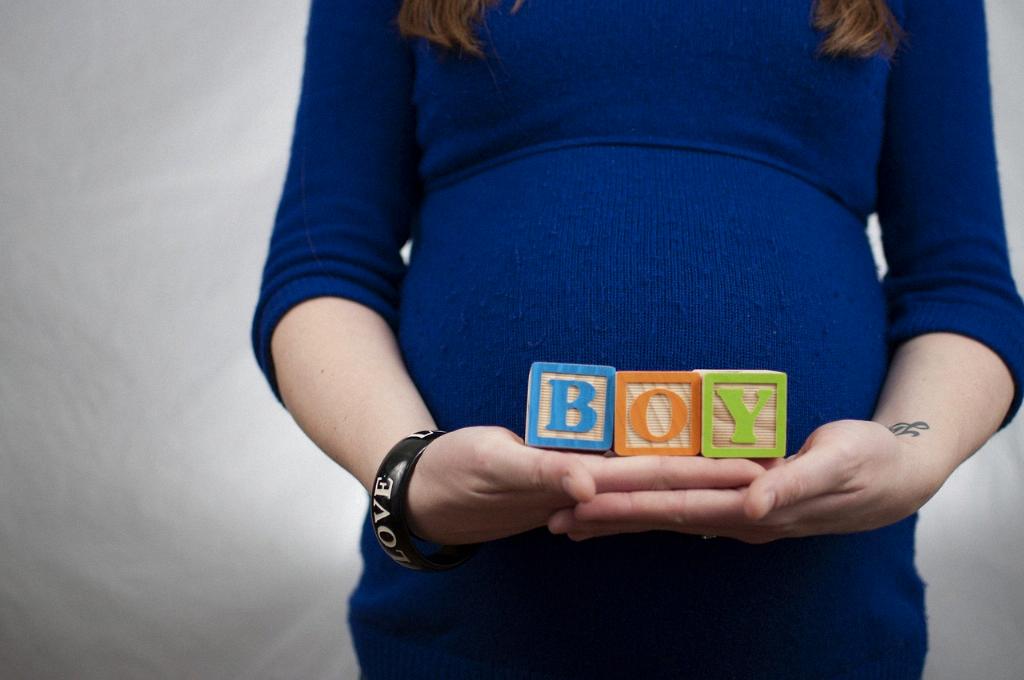When it comes to early pregnancy, nutrition plays a crucial role in supporting the health of both mother and baby. Consuming a well-balanced diet that includes a variety of nutrient-rich foods is essential for providing the necessary vitamins and minerals needed during this critical time.
Proteins are an important component of a healthy pregnancy diet. Lean meats and chicken, eggs, seafood, beans and lentils, nuts and seeds, and tofu are all excellent sources of protein that can help support the growth and development of the baby during early pregnancy.
In addition to proteins, low-fat or fat-free dairy products are also beneficial for early pregnancy. Foods like milk, yogurt, cheese, lactose-free dairy, and fortified soy beverages provide essential nutrients such as calcium and vitamin D, which are important for bone health and overall development.
It’s also important to incorporate healthy fats into your diet during early pregnancy. Oils like vegetable oil and olive oil, as well as fats found in seafood, avocado, and nuts, provide essential fatty acids that are crucial for brain development and overall growth of the baby.
Whole grains are another vital component of a pregnancy diet. Foods like whole grain bread, brown rice, oatmeal, and quinoa are excellent sources of complex carbohydrates, fiber, and essential nutrients that can help regulate blood sugar levels and promote digestive health.
Fruits and vegetables should also be a key part of your pregnancy diet. These foods are rich in vitamins, minerals, and antioxidants that can help support the immune system, reduce inflammation, and provide essential nutrients for both mother and baby.
Iron-rich foods are crucial during early pregnancy to prevent the risk of anemia. Incorporating foods like lean red meat, poultry, fish, leafy green vegetables, and fortified cereals can help ensure adequate iron levels for optimal health and development.
Omega-3 fatty acids are essential for the development of the baby’s brain and eyes. Including sources of omega-3s such as fatty fish like salmon and sardines, flaxseeds, chia seeds, and walnuts can help support healthy growth and cognitive function.
Fluid intake is also important during early pregnancy to support hydration and overall health. Drinking plenty of water, herbal teas, and natural fruit juices can help prevent dehydration, support digestion, and promote proper circulation.
Avoiding processed and high-sugar foods is crucial during pregnancy to maintain stable blood sugar levels and prevent excess weight gain. Opt for whole, unprocessed foods whenever possible to ensure you are getting the most nutrients for you and your baby’s health.
While it’s important to focus on consuming nutrient-rich foods during pregnancy, it’s also essential to listen to your body’s cravings and hunger cues. Eating when you’re hungry and stopping when you’re full can help ensure you are providing your body with the necessary fuel and nutrients it needs.
Consulting with a healthcare provider or a registered dietitian can help provide personalized guidance on maintaining a healthy diet during early pregnancy. They can offer tailored recommendations based on your individual needs, preferences, and any specific dietary requirements.

